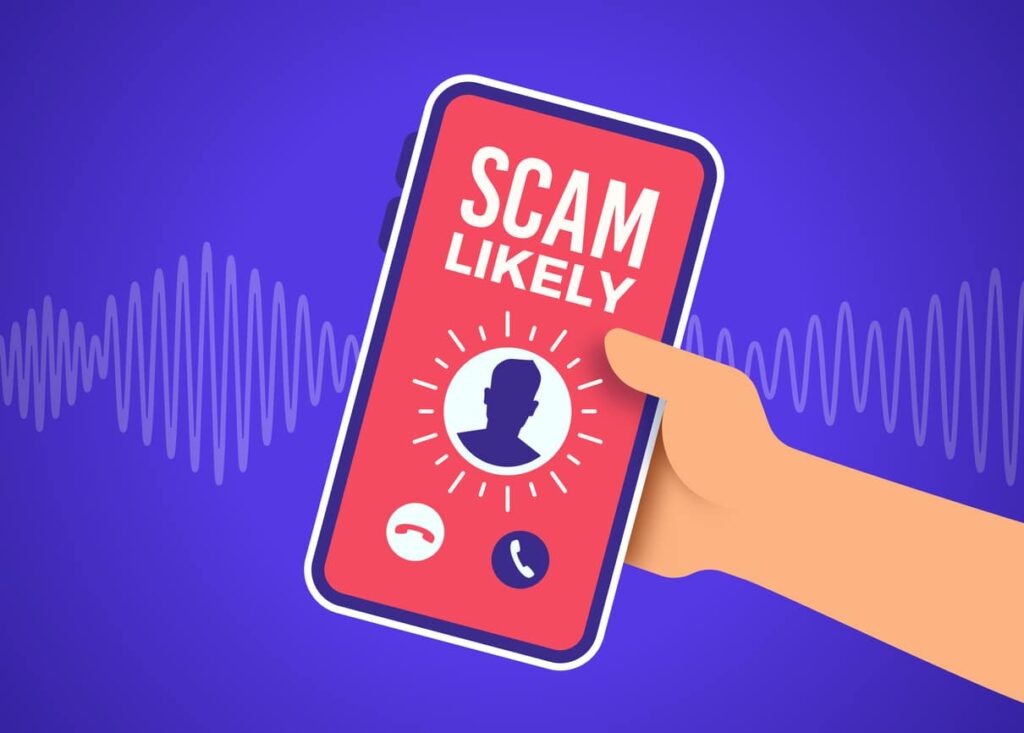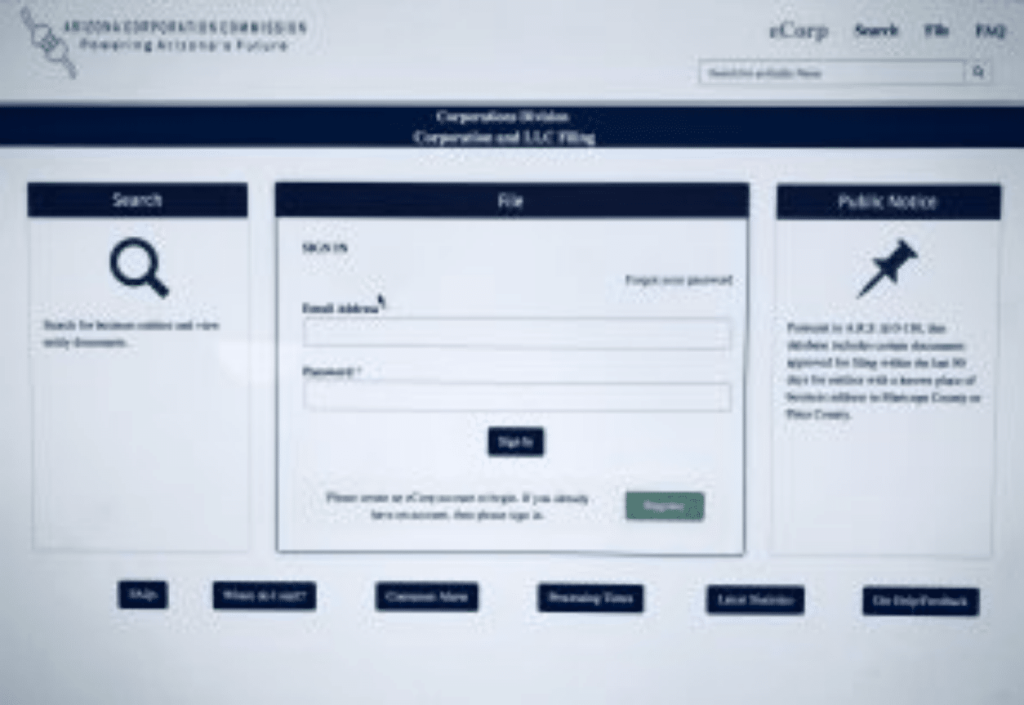
9 Strategies to Help You Avoid Common Charity Scams
How common are online charity scams? The internet, social media, and email have made it easier to stay informed and connected with friends, family, and

How common are online charity scams? The internet, social media, and email have made it easier to stay informed and connected with friends, family, and

Thoroughly research a charity before giving. What are they doing to serve the community, and do they actually do what they say they will do? How much of their costs go to overhead and administration versus providing actual services to the community they serve? The following organizations provide reputable information on how charities do business and spend their donations.

AdHoc said it best: For everyone that is feeling outraged by the multiple lives that have been lost at the hands of the police, we’d encourage you to channel that anger into action. For some, that action looks like self-education and awareness, or protesting, or speaking out amongst their friends and community. Another consideration may be giving to one of several organizations working diligently in the fight against systemic racism and violence.
On March 27, 2020, the Coronavirus Aid, Relief, and Economic Security Act (CARES Act) became law. The CARES Act provides $349 billion in benefits for small businesses, including qualifying nonprofit organizations. Specifically, certain nonprofits are eligible for the Paycheck Protection Program and the expanded Economic Impact Disaster Loan program (EIDL). The CARES Act also provides payroll tax relief and expands the charitable deduction to all taxpayers for one year to incentivize charitable giving.
At the close of 2019, Congress passed legislation that has a significant impact on nonprofits. On December 20, 2019, the Further Consolidated Appropriations Act, 2020, also known as H.R. 1865, became law. This act includes two provisions that significantly impact nonprofits:
The simplification of the excise tax on net investment income; and
The retroactive repeal of the unrelated business income tax on qualified transportation fringe benefits.

Familiarize yourself with the organization, its mission, and its effectiveness before giving. Always ask for information in writing “ be wary if an organization will not provide information about charitable programs and finances upon request. Any legitimate organization will be happy to send you information. Check guidestar.org to review the organization’s financial data and learn more about its mission and finances. Understand that its common for scammers to set-up websites with confusing similar names to well-known charities to steal personal information from those trying to donate. Scammers are also known to set up fake GoFundMe accounts.

In May 2018, the Arizona Corporation Commission released a major update to their website’s online services. Users can create an online account, submit and manage

The first step to managing conflicts is the disclosure of conflicts. If decision-makers are not required to disclose their conflicts, then there is no way to ensure that their decisions are not tainted by self-interest. Even the most well-meaning individuals can have their decision-making clouded by competing interests. The only way to ensure conflicts are properly managed is to disclose those conflicts and recuse oneself from the decision-making process when conflicts arise.

Foundations are required to expend approximately 5% of their assets for charitable purposes each year. The other 95% is invested to generate distributable income for future years. Historically, foundations have struggled with the idea of making riskier investments that further their charitable purposes, but do not qualify as a PRI because a significant purpose of the investment is the production of income or the appreciation of property.

Nonprofits have a compelling negotiating tool that pairs employee debt relief with long-term employee commitment (at least to the sector) and doesn’t cost the nonprofit anything.
Most states require you to register your organization if you solicit donations from their residents. Many states also require registration if your organization collects substantial or ongoing donations from their residents, even if you aren’t specifically targeting donors in that state. Download our comprehensive list of each state’s requirements.
Download our free guide to learn about the many elements needed to run a successful nonprofit organization, as well as how to avoid common pitfalls and mistakes.